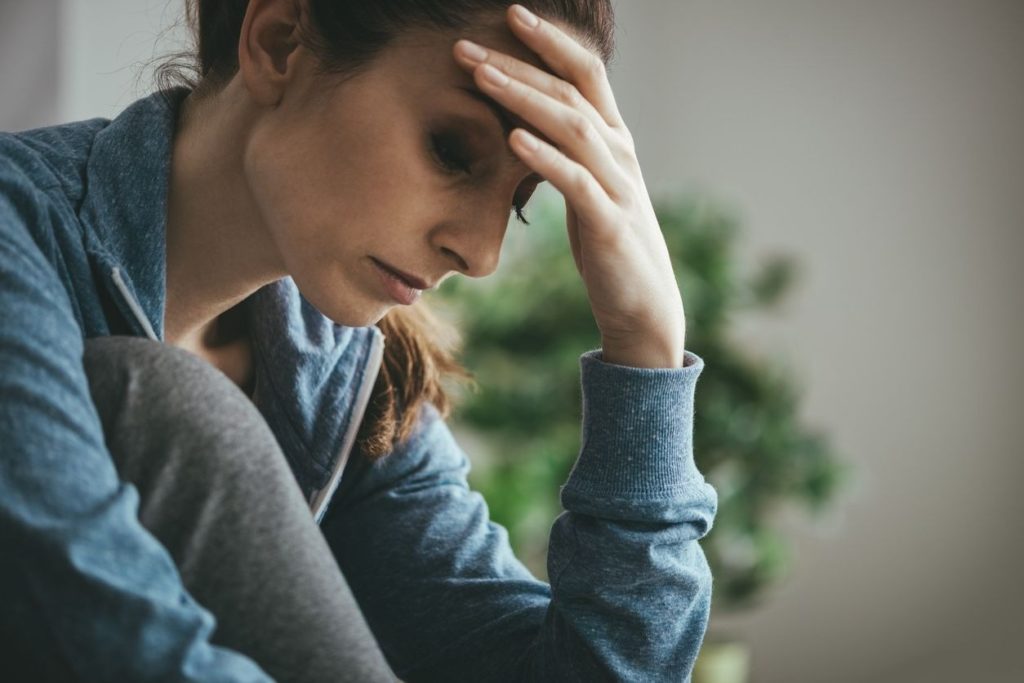How to calm an anxiety attack naturally?
Caution : You must consult your doctor for your health. This page presents only a personal and alternative point of view which should not be considered as an attempt to prescribe medicine.
There are many causes of anxiety attacks, and they can be overwhelming.
It is urgent to calm her down and the first instinct is often to find comfort through manufactured means: medicine, food ...
However, anxiety is often associated with a desire to return to basics.
How to calm an anxiety attack naturally? Response element.

The anxiety attack, or when the situation seems inextricable
An anxiety attack is the manifestation of both physical and emotional disturbances.
It is also known as panic attack and anxiety attack.
Its manifestation is quite impressive, even if its intensity varies from one attack to another.
The person in crisis literally loses control of their emotions and their body.
An anxiety attack occurs in the face of a lasting situation that seems inextricable, which generates very strong anxiety, to which is added a physical reaction of the body.
The anxiety attack, emotional and physical disorder
An anxiety attack therefore occurs when you feel overwhelmed by your negative emotions, which we can no longer keep control of or letting go.
It can occur when a particular trigger is identified, but rather an accumulation of factors or even great fatigue.
It can also occur with other warning signs, such as depression or bad eating habits.
In addition to the great emotional distress felt during the onset of the anxiety attack, various physical symptoms may be experienced, such as headache (headache), nausea, stomach ache, chills, heart palpitations, these last often reminiscent of a heart attack, dizziness, difficulty breathing with the feeling of shortness of breath.
Calm an anxiety attack naturally
The accumulated negative emotions come as and when they occur to mark our diaphragm.
Its role is to absorb the shocks undergone by our body, both physical shocks and emotional shocks.
Ultimately, it ends up being totally blocked.
However, a blocked diaphragm is conducive to poor oxygenation of the body, which can cause all the symptoms mentioned above.
A blocked diaphragm is therefore involved during the occurrence of an anxiety attack.
Unlocking your diaphragm is therefore essential to immediately calm an anxiety attack.
The process of unblocking the diaphragm goes through an entirely natural method: breathing.
Breathing deeply massages the diaphragm, which gradually relaxes and allows oxygen and energy to flow freely again.
To be effective, the rhythm of breathing must be regular, the breath regulated.
However, if this rhythm of inhaling and exhaling is innate, it can get out of order, in particular due to stress and anxiety.
Loris Vitry, breathing coach, has condensed in his free video workshop 7 common mistakes in breathing.
This comprehensive workshop aims to give you the keys to normalize your breathing and quickly release your diaphragm, so you can effectively and naturally manage the onset of a panic attack.
❤ The ultimate guide to breathing
Intermittent Breathing : Discover the method to quickly relieve your anxiety and chronic fatigue (positive effects from the first use).Read also :
Previous article : Excessive belching : how to burp less ?
Next article : Generalized anxiety: how to get out of it?

